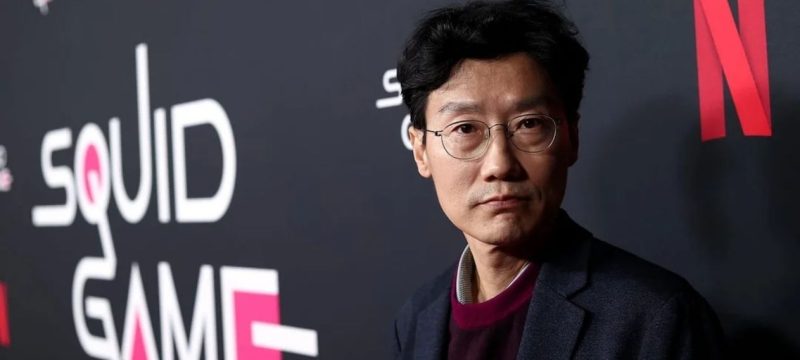The creator of Netflix’s hit series “Squid Game”, Hwang Dong-hyuk, once had to stop writing the script because he had to sell his laptop for cash. At the time, he lived with his mother and grandmother and faced financial difficulties.
Hwang first conceived the idea for “Squid Game” more than a decade ago. Studios initially rejected the concept, calling it “too grotesque and unrealistic.” Despite the setbacks, Hwang continued to refine his script, believing the story would resonate with audiences eventually.
The show, which debuted on Netflix on September 17, centers on adults struggling with debt. They are invited to play children’s games for a chance to win 45 billion won, roughly $40 million. However, losing the games carries deadly consequences.
Netflix picked up “Squid Game” two years ago. It has since been subtitled in 31 languages and dubbed in 13, reaching viewers in over 90 countries. About 95% of the audience comes from outside South Korea. The series also became Korea’s first show to hit Netflix’s top trending spot in the US.
Hwang believes the COVID-19 pandemic helped make his show more appealing. The global crisis highlighted socioeconomic disparities, a central theme of “Squid Game”, making it feel more realistic and relatable to viewers worldwide.
Minyoung Kim, Netflix’s vice president of content for Asia-Pacific, said the series challenges viewers with moral questions about human worth. She added, “We are not horses, we’re all humans. That is the question the show really wants to throw at you.”
In other news read more about ‘Stranger Things’ Final Season Promises Epic Battles and Emotional Twists
From financial struggles and repeated studio rejections to becoming a global phenomenon, “Squid Game” exemplifies perseverance and the power of storytelling. The show’s success also signals a growing international interest in Korean content and socially reflective entertainment.









